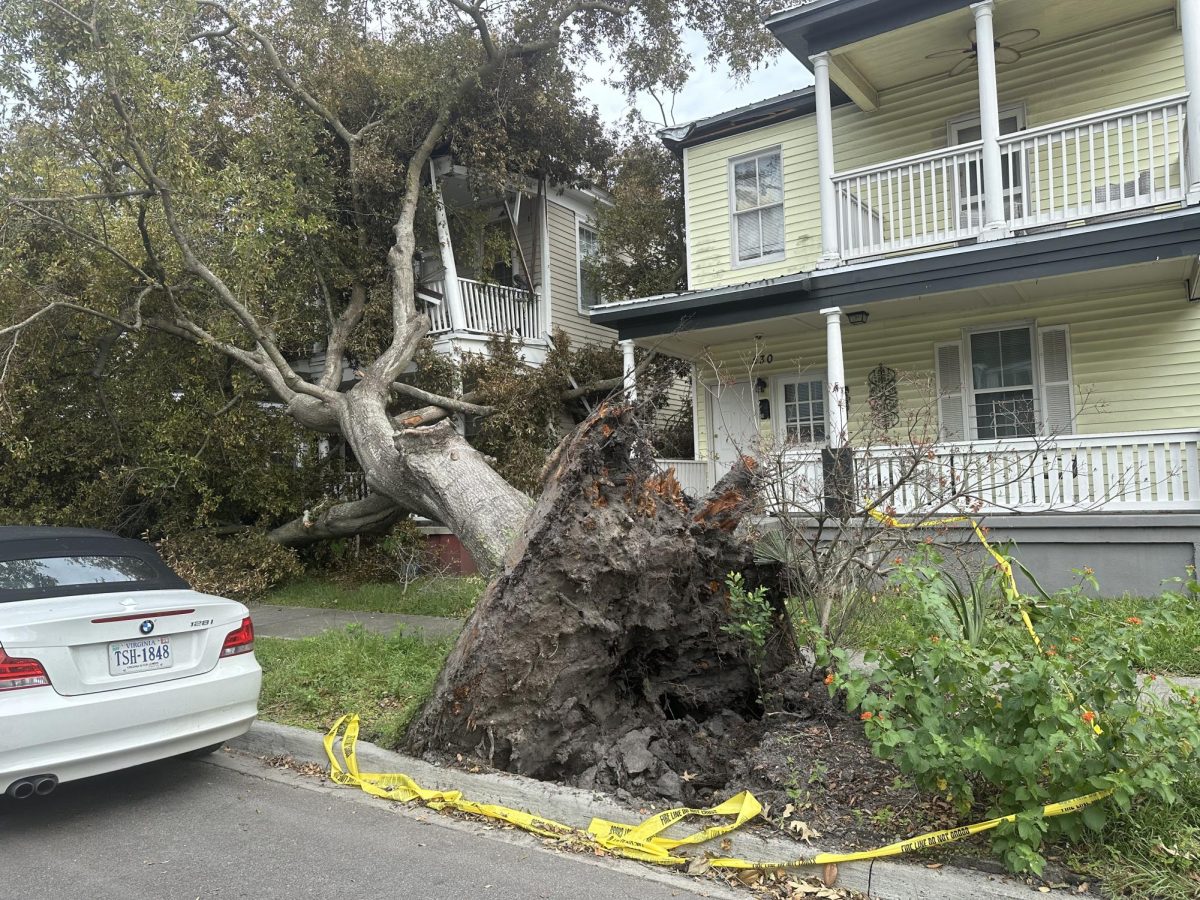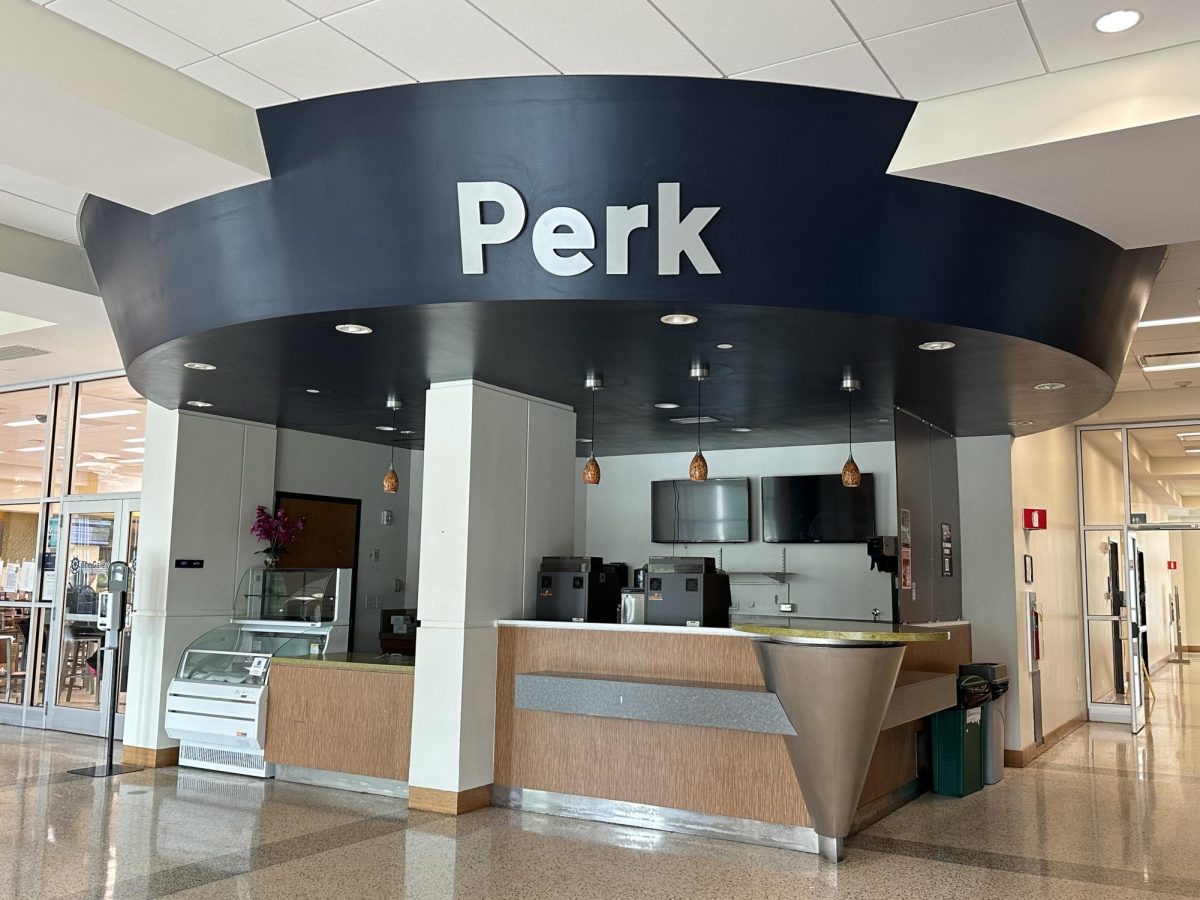By Dan Hayes, News Editor
news.inkwell@gmail.com

Considering recent events affecting our nation’s schools, the Georgia Southern Office of Public Safety and University Police Department (UPD) would like to remind the GSU community of what to do in an active-shooter scenario.
UPD conducts active shooter training each month and these seminars are open to anyone affiliated with GSU. The training for the Armstrong campus will be held on Friday March 9, 2018 from 3pm – 4:30 pm in University Hall 157. The classes are open and available to all faculty, staff and students.
In anticipation of the planned training, the Inkwell reached out the police chief, Laura McCullough, to get her thoughts on active-shooter training and gun control.
Inkwell: What should students expect to learn in active-shooter training?
Chief McCullough: Students should come expecting to learn how to best prepare and protect themselves from an active-shooter event, including how to determine what action they should take if such an event were to occur.
Inkwell: What is the priority of the first officer on the scene of an active shooter incident?
Chief McCullough: Law-enforcement officers are trained to find the fastest way to address the threat and stop it. Therefore, the first officers on the scene of a possible active-shooter event will react and respond to wherever the threat is coming from.
Inkwell: What steps can students take to ensure a safe, school environment?
Chief McCullough: Being aware of your environment is the best way to help keep your campus safe. Students are the most familiar with what is normal or not normal on their campus and are usually some of the first ones to notice when something is out of place. We ask that if a student sees something out of the ordinary, say something to a campus official immediately.
Inkwell: Are students, faculty, and staff encouraged to run, hide, or fight in an active shooter event?
Chief McCullough: This is what we advise anyone in an active shooter event to do, depending on each person’s individual situation during the event. Our training goes over these options and how each individual can make the decision that is best suited for them as a situation may unfold.
Inkwell: Does that tactic seem adequate to combat an individual or individuals with semi-automatic weapons?
Chief McCullough: This is not a tactic to combat an armed individual, but instructions on how to determine what the best solution is for each individual to survive a possible active shooter event.
Inkwell: Do you think students would be safer with armed teachers, armed guards or armed administrators?
Chief McCullough: I prefer not to offer an opinion on a social discussion for which I do not have full information at this time.
Inkwell: Is it prudent for students to exercise their right to bear arms on campus?
Chief McCullough: Georgia Southern University follows current state law regarding carrying a weapon on campus.
Inkwell: How is a cop, who firsts responds to the scene, supposed to distinguish who is the “bad guy” with a gun and the “good guy” with a gun?
Chief Mccullough: Law enforcement officers are trained to assess the scene when they arrive and be able to determine and handle threats on a case by case basis. This would be no different in an active-shooter situation where there would possibly be other individuals who are legally carrying a weapon. Each situation would be addressed and assessed individually as the officers come upon them.
Inkwell: How do we prevent further instances of mass shootings on school campuses?
Chief McCullough: I don’t believe there is a simple or single answer to this question, as there are many aspects that have likely contributed to the increase in these types of incidents. We should always pay attention to the environment and individuals around us and never be afraid to speak up if you have concerns. Identifying possible threats early will help those who can address them and hopefully prevent them from happening.






